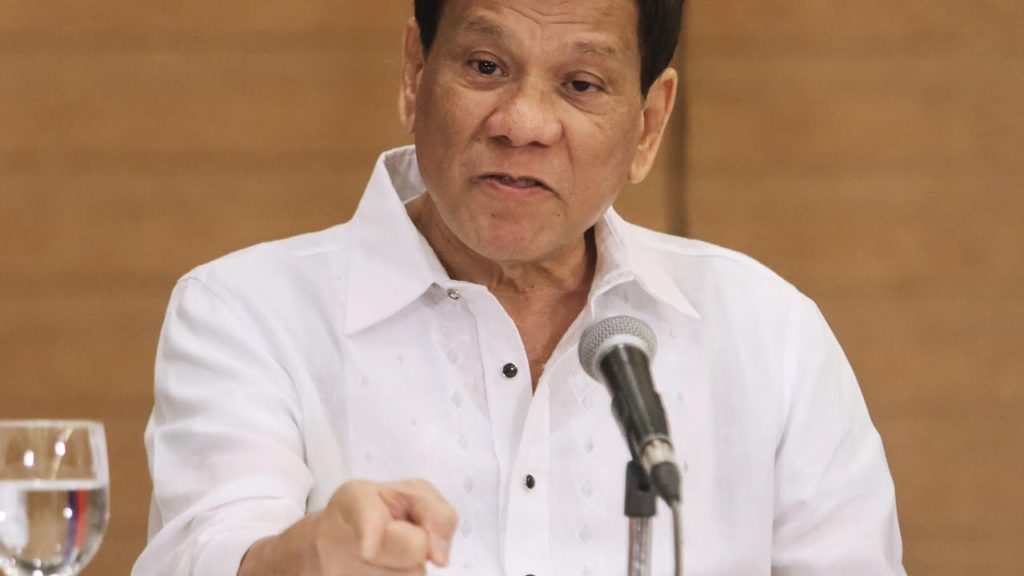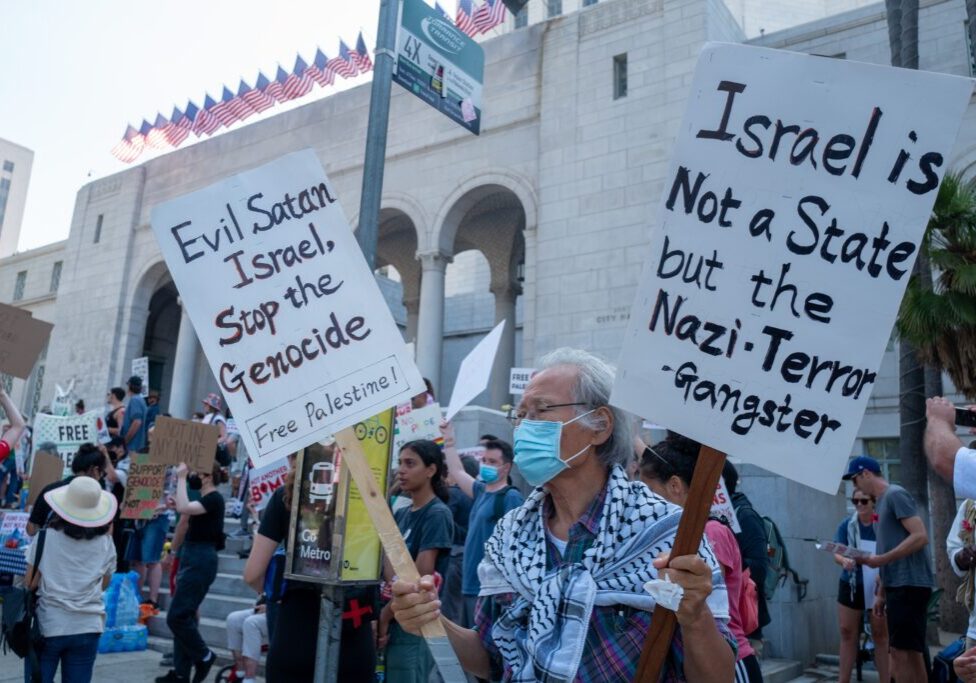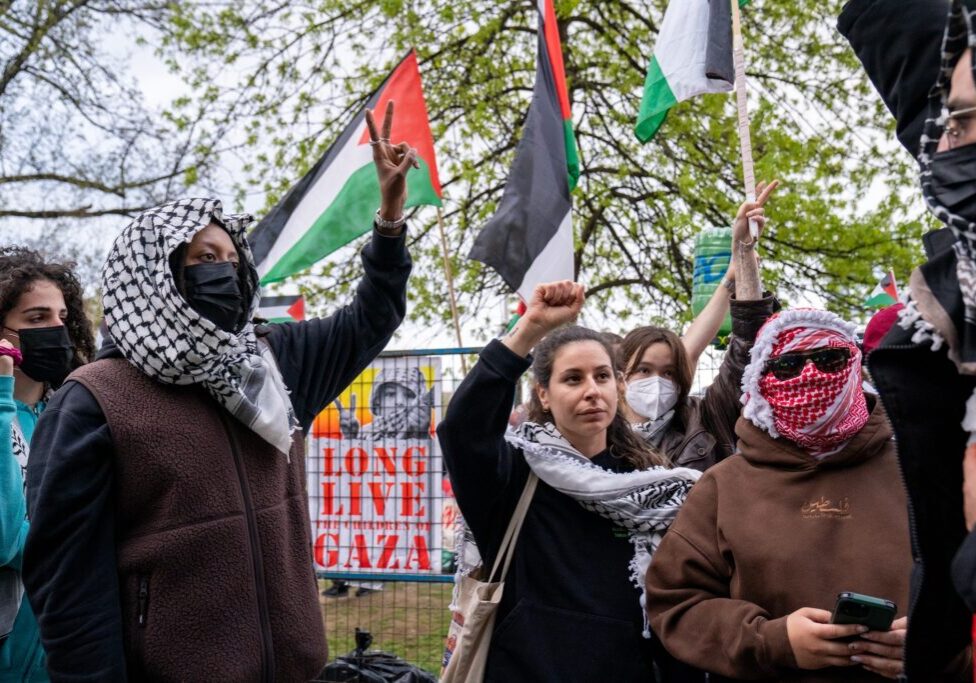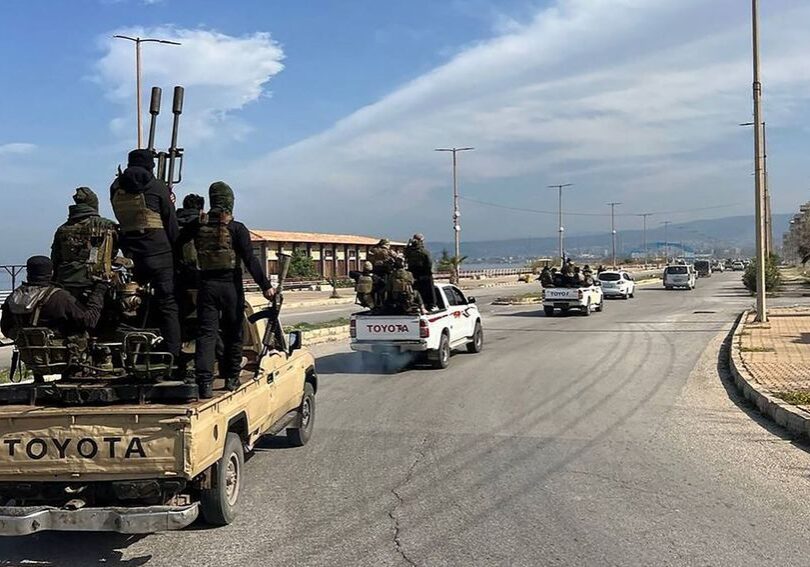Australia/Israel Review
Asia Watch: Heavy hands
Jul 7, 2020 | Michael Shannon

Three years after Islamic State-aligned extremists triggered a five-month siege in the southern Philippines city of Marawi, violent jihadist banditry continues to flourish in the shadows of the COVID-19 pandemic. President Rodrigo Duterte has vowed to flush out the notorious Abu Sayyaf and allied groups from the thick jungles of Mindanao and the southern islands, but his roughneck authoritarian approach to all problems tends to derail any worthy initiatives. Meanwhile, the weekly gains and losses continue.
An alleged Abu Sayyaf bomb expert, identified as Kahar Indama (also known as Khang), was arrested on June 19 in a raid on a safe house in which explosives and detonators were recovered. Khang is known to have played a key role in the audacious car-bomb attack on the Philippines parliament that killed seven people in 2007. He is also a cousin of Furuji Indama, the Abu Sayyaf’s leader on Basilan Island – a stronghold of the group.
Days earlier, two policemen were killed when two militants believed to be Abu Sayyaf members opened fire at a police station on Jolo island in the province of Sulu. On the same day, a member of the Bangsamoro Islamic Freedom Fighters (BIFF) was killed and five other BIFF suspects were captured during a clash with soldiers in North Cotabato province.
BIFF is a hardline, IS-aligned splinter faction of the Moro Islamic Liberation Front, a former rebel group that signed a peace deal with Manila and now administers an autonomous Muslim region in the southern Philippines.
Islamist recruiters have used economic misery and chaos to strengthen their numbers, but they now have another rallying cry, analysts say – the pandemic lockdown.
Rommel Banlaoi of the Philippine Institute for Peace, Violence and Terrorism told the Asia Times, “Islamic militants are taking advantage of the quarantine measures against the pandemic as rallying issues to recruit members and to propagate the idea of violent extremism, especially in depressed rural areas heavily affected by lockdowns.”
Since mid-March, Philippine military forces have been fighting on multiple fronts: IS-aligned rebel groups, the communist New People’s Army, and the invisible coronavirus threat. In April, with the country under a full lockdown, 11 soldiers were killed and 14 injured in a fierce, hour-long encounter with the Abu Sayyaf in Sulu province. Then in May, BIFF militants killed two soldiers and wounded another helping to carry out a COVID-19 community quarantine in a clash launched under cover of darkness.
Such acts clearly require a response, but the predicted signing of anti-terrorism legislation by President Duterte has met widespread domestic and international objection. Opposition legislators, religious figures, press and civil rights organisations and legal scholars have voiced alarm that the bill passed in the Congress could pave the way for a permanent curtailment of democratic rights.
Since gaining emergency powers to combat the COVID-19 crisis in March, Duterte has already presided over a broad crackdown on critical voices, shutting down the country’s largest independent news broadcaster, the ABS-CBN network. The broadsheet Philippine Daily Inquirer and the popular news website Rappler have also come under heavy pressure.
The emergency powers have ushered in heavy penalties, including two months’ imprisonment and up to 1 million peso (A$29,000) fines, for anyone who dared to “create, perpetuate, or spread false information” without clearly defining the term, and a spate of warrantless arrests has as many as 41,000 Filipinos facing various punishments, including being forced into animal cages for allegedly violating the lockdown regulations.
Dozens of citizens have also faced subpoenas by intelligence and other state agencies for supposedly spreading false information online, which has increasingly come to include criticism of the President and his government’s policies.
In this context, the terms of the new bill point to some alarming prospects.
Authorities would be permitted to arrest people it designates as “terrorists” without warrant and to detain them without charge for up to 24 days. Under the existing law, terrorism suspects must be brought before a judge within three days.
While the definition of terrorism also includes threats to the fundamental social, economic or political structures of the country, it does not require such intent, which critics say is so broad that even a minor street disturbance is susceptible to being considered “terrorism”. Those convicted on the basis of “terrorism” definitions would face up to life in prison without parole.
Similarly, the law against incitement to commit a terrorist act offers no clear definition of incitement, providing an open-ended basis for prosecuting speech.
Meanwhile, the fight against genuine terrorism in the troubled south risks being undermined, as popular grievances intensify in a nation sliding towards Marcos-style authoritarianism.
Tags: Asia, Islamic Extremism, Philippines






